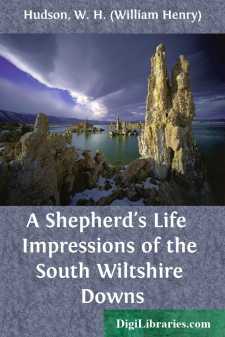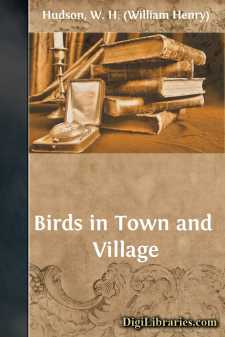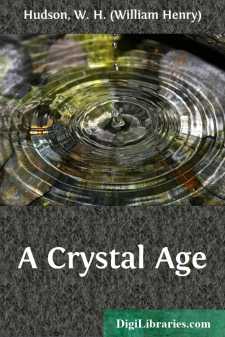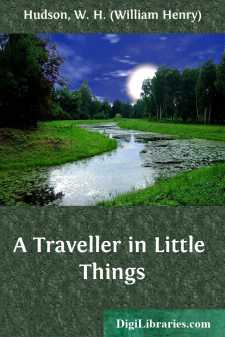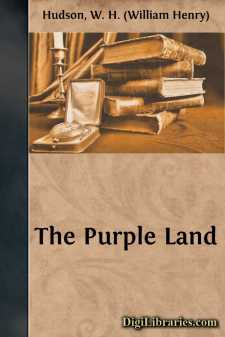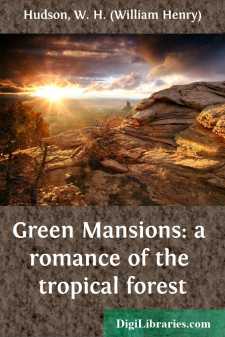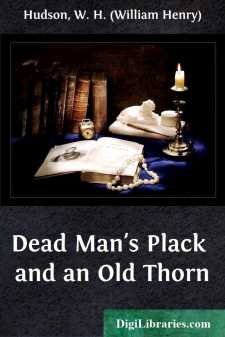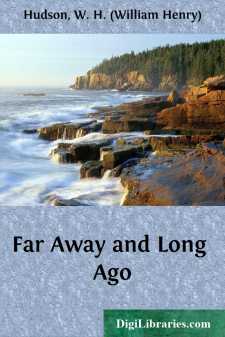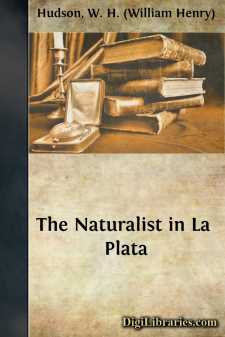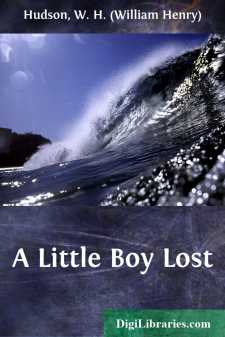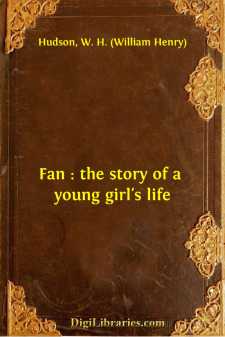Categories
- Antiques & Collectibles 13
- Architecture 36
- Art 48
- Bibles 22
- Biography & Autobiography 813
- Body, Mind & Spirit 138
- Business & Economics 28
- Children's Books 12
- Children's Fiction 9
- Computers 4
- Cooking 94
- Crafts & Hobbies 4
- Drama 346
- Education 46
- Family & Relationships 57
- Fiction 11821
- Games 19
- Gardening 17
- Health & Fitness 34
- History 1377
- House & Home 1
- Humor 147
- Juvenile Fiction 1873
- Juvenile Nonfiction 202
- Language Arts & Disciplines 88
- Law 16
- Literary Collections 686
- Literary Criticism 179
- Mathematics 13
- Medical 41
- Music 40
- Nature 179
- Non-Classifiable 1768
- Performing Arts 7
- Periodicals 1453
- Philosophy 64
- Photography 2
- Poetry 896
- Political Science 203
- Psychology 42
- Reference 154
- Religion 505
- Science 126
- Self-Help 81
- Social Science 81
- Sports & Recreation 34
- Study Aids 3
- Technology & Engineering 59
- Transportation 23
- Travel 463
- True Crime 29
A Shepherd's Life Impressions of the South Wiltshire Downs
Description:
Excerpt
THE SHEPHERD AND THE BIBLE
Dan'l Burdon, the treasure-seeker—The shepherd's feeling for the Bible—Effect of the pastoral life—The shepherd's story of Isaac's boyhood—The village on the WylyeOne of the shepherd's early memories was of Dan'l Burdon, a labourer on the farm where Isaac Bawcombe was head-shepherd. He retained a vivid recollection of this person, who had a profound gravity and was the most silent man in the parish. He was always thinking about hidden treasure, and all his spare time was spent in seeking for it. On a Sunday morning, or in the evening after working hours, he would take a spade or pick and go away over the hills on his endless search after "something he could not find." He opened some of the largest barrows, making trenches six to ten feet deep through them, but found nothing to reward him. One day he took Caleb with him, and they went to a part of the down where there were certain depressions in the turf of a circular form and six to seven feet in circumference. Burdon had observed these basin-like depressions and had thought it possible they marked the place where things of value had been buried in long-past ages. To begin he cut the turf all round and carefully removed it, then dug and found a thick layer of flints. These removed, he came upon a deposit of ashes and charred wood. And that was all. Burdon without a word set to work to put it all back in its place again—ashes and wood, and earth and flints—and having trod it firmly down he carefully replaced the turf, then leaning on his spade gazed silently at the spot for a space of several minutes. At last he spoke. "Maybe, Caleb, you've beared tell about what the Bible says of burnt sacrifice. Well now, I be of opinion that it were here. They people the Bible says about, they come up here to sacrifice on White Bustard Down, and these be the places where they made their fires."
Then he shouldered his spade and started home, the boy following. Caleb's comment was: "I didn't say nothing to un because I were only a leetel boy and he were a old man; but I knowed better than that all the time, because them people in the Bible they was never in England at all, so how could they sacrifice on White Bustard Down in Wiltsheer?"
It was no idle boast on his part. Caleb and his brothers had been taught their letters when small, and the Bible was their one book, which they read not only in the evenings at home but out on the downs during the day when they were with the flock. His extreme familiarity with the whole Scripture narrative was a marvel to me; it was also strange, considering how intelligent a man he was, that his lifelong reading of that one book had made no change in his rude "Wiltsheer" speech.
Apart from the feeling which old, religious country people, who know nothing about the Higher Criticism, have for the Bible, taken literally as the Word of God, there is that in the old Scriptures which appeals in a special way to the solitary man who feeds his flock on the downs. I remember well in the days of my boyhood and youth, when living in a purely pastoral country among a semi-civilized and very simple people, how understandable and eloquent many of the ancient stories were to me....


